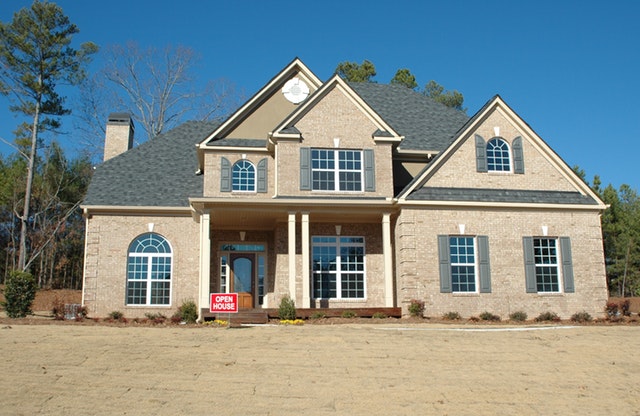The 5 Most Common Dangerous Home Issues
 You are supposed to feel safe in your own home; however, accidents can happen and there are plenty of hidden dangers that might land someone in the hospital. It is important for you to understand the common household dangers. Knowledge is power and you can take steps to prevent these issues from arising.
You are supposed to feel safe in your own home; however, accidents can happen and there are plenty of hidden dangers that might land someone in the hospital. It is important for you to understand the common household dangers. Knowledge is power and you can take steps to prevent these issues from arising.
Carbon Monoxide Poisoning
This is one of the most common household dangers that everyone should know. Homes always have a smoke detector; however, carbon monoxide detectors are often overlooked. This is an odorless gas that can actually kill someone if the levels get too high. Make sure that your carbon monoxide detectors are working. This gas commonly arises from the tailpipe of a running car.
Lead Poisoning
Lead can be absorbed through the skin or the mouth. Lead poisoning can lead to serious neurological issues. Newer homes are built without lead paint; however, if you purchase an older home, there might still be lead paint on the walls. Check the paint thoroughly and swap it out if lead is present.
Mold
Mold is a common hazard that grows in homes. Mold can release spores into the air that can irritate people who suffer from asthma and allergies. Make sure that you keep your home clean to avoid mold growth. Mold likes warm, humid climates.
Falls
Injuries due to falls are among the most common accidents that happen in homes. If someone falls in their home, they are at risk of breaking bones or suffering a head injury. Make sure that you keep your outdoor steps clean and stabilize your staircases. This will reduce the risk of falls.
Drowning
Unfortunately, drowning can happen even if someone is safe in their own home. Even if a house doesn’t have a pool, people can still drown in the bathtub. In order to reduce the risk of a drowning event, make sure your pool has a fence around it (if you have one). Also, try to supervise bathing children. This will reduce the risk of a drowning event.
Reducing Household Dangers
Knowing about these dangers ahead of time reduces the chances of them happening. Try to inspect your home thoroughly to make sure that these common hazards are avoided.
If you are in the market for a new home or interested in refinancing your current property, be sure to contact your trusted home mortgage professional to discuss current financing options.

 If you happen to want to move to a hot market for home sellers, here is some advice. Go looking for a home to buy when it is freezing outside or the weather is otherwise severe. Buying a home is both about finding one you like and beating out others if the market has buying competition.
If you happen to want to move to a hot market for home sellers, here is some advice. Go looking for a home to buy when it is freezing outside or the weather is otherwise severe. Buying a home is both about finding one you like and beating out others if the market has buying competition.  When you are looking to purchase a home, you might be looking for a place for you and your family to live. It might surprise you to learn that not everyone who is looking for a house is necessarily in search of a place to live.
When you are looking to purchase a home, you might be looking for a place for you and your family to live. It might surprise you to learn that not everyone who is looking for a house is necessarily in search of a place to live.